Money Mistakes You're Probably Making and How to Avoid Them

To err is human, but some mistakes can scuttle your finances and leave you flailing, especially with the added hardship brought on by record inflation that has impacted everything from gas prices to grocery staples. With so many financial threats outside your control, it's time to stop making avoidable mistakes. Here are some of the most common money pitfalls, including one sneaky oversight that can drain your bank account every single month.
Related: The Top Money Mistakes People Make in Their 50s

A recent study found that consumers estimate they spend $86 a month on subscriptions. The problem? The real number is much higher at an average of $219. Further, 42% of respondents admitted they'd forgotten about a subscription that they no longer needed — but they were still paying for it. Ouch. Talk about throwing money away. To trim those sneaky subscriptions without a lot of fuss, try an app such as Truebill or Trim that can help you identify and eliminate them.
Related: Netflix, Amazon Prime Video, and Other Streaming Sites Compared: Which Is Right for You?

The average U.S. consumer spent nearly $3,400 a year dining out even before the pandemic, according to the Bureau of Labor Statistics, and for many of us that just turned into takeout and delivery dollars. There are ways to save money when eating out or ordering in, but the real answer is to cook at home more often. If you've been eating out far less during the pandemic, try to hold on to that habit even after things return to normal.
Related: Recipes for Restaurant-Quality Meals at Home

In a survey by ecommerce platform Narvar, 83% of respondents who didn't return items were put off by restocking fees, 74% didn't want to pay return shipping, and 51% were put off by a short time limit on returns. But considering that 57% of those who made a return replaced the item at the same retailer or elsewhere and that 60% got their money back, it's worth making an effort.
Related: Products Costco Will Take Back That Are a Pain to Return Anywhere Else

The average monthly maintenance fee for a bank account was $13.95 last year, down 3.1% from 2020, and overdraft protection fees dropped by 4%, to $30.82. That still leaves checking account fees costing consumers around $1,000 a year. Disentangling your financial institutions and avoiding fees is a task worth undertaking.
Related: Reasons for Consumers to Beware of Big Banks

Although the pandemic has confused the picture, surveys in 2019 showed that about a quarter of Americans couldn't afford a summer vacation and roughly 10% couldn't travel during the winter holidays because they were cash-strapped. The average one-week vacation within the United States for one person is $1,558, Bankrate found in November. Although you may be tempted to plan a big post-pandemic trip after staying at home for so long, see if you can find ways to enjoy a staycation. If you do venture out, remember that you can find cheap weekend trips whether it's warm out or on the chillier side.

Maybe it's going into steep holiday debt just before the tax bill is due. Maybe it's spending on a steak dinner with wine just as it's time to renew the auto insurance. Spending at just the wrong time can really set back your finances. Instead, get on a budget — there are a ton of programs that can help.

A full 46% of people in a 2020 survey by the Employee Benefit Research Institute wished they'd spent less and saved more for retirement — and that's the rosiest figure such surveys show. For people struggling to get a handle on their spending, some financial advisers point to the 50/15/5 rule: 50% of take-home pay is for necessities, 15% goes to retirement savings (between your contributions and matching by your employer), and 5% goes into savings for unexpected and one-off expenses such as emergency travel or new appliances.

Plenty of otherwise perfectly frugal people lose their senses around the holidays or overspend on a friend's wedding. Roughly 33% of shoppers in a NerdWallet survey ahead of the 2021 holiday shopping season still hadn't paid off debt they incurred the previous year. If you aren't good at setting a budget or just get too wrapped up in emotional spending, you may want to pop onto Pinterest and start making gifts yourself.

An alarming 17.6 million U.S. households are spending half their income on housing, according to a Harvard University study. A typical rule of thumb is to avoid spending more than 30% of pretax income on housing, but that doesn't work for everyone. Moving home with parents, finding roommates, downsizing, and other solutions may have to come into play.
Related: Ways to Lower Your Rent
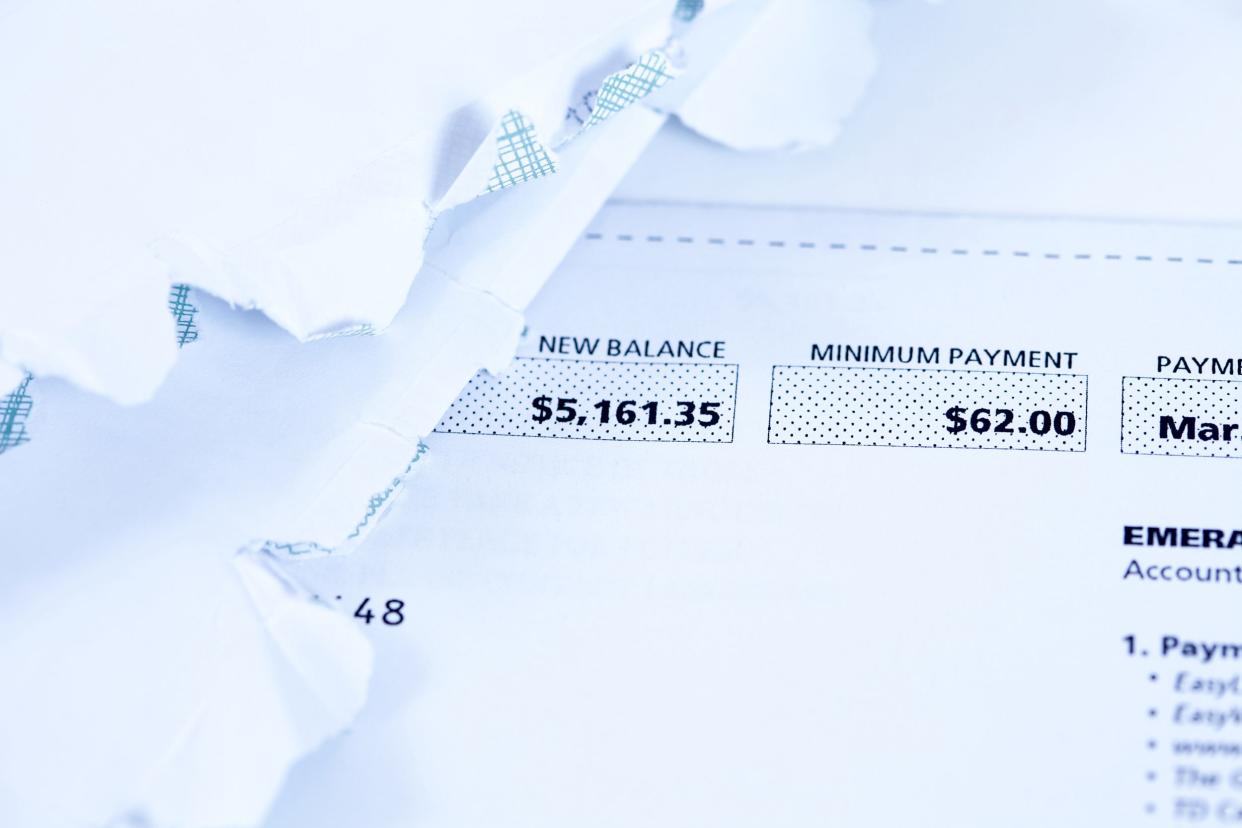
No, carrying a credit card balance doesn't help credit. Credit-to-debt ratio is a big part of a FICO score, and it's actually best not to carry a balance. Card issuers are more likely to lower your interest rate if you have a history of on-time payments, and some will actually waive late fees once or twice a year — but you have to ask. If you want to get on top of it, either ask for a lower rate or switch to a zero-percent balance-transfer card and pay down your debt.
Related: Tactics for Getting Out of Debt
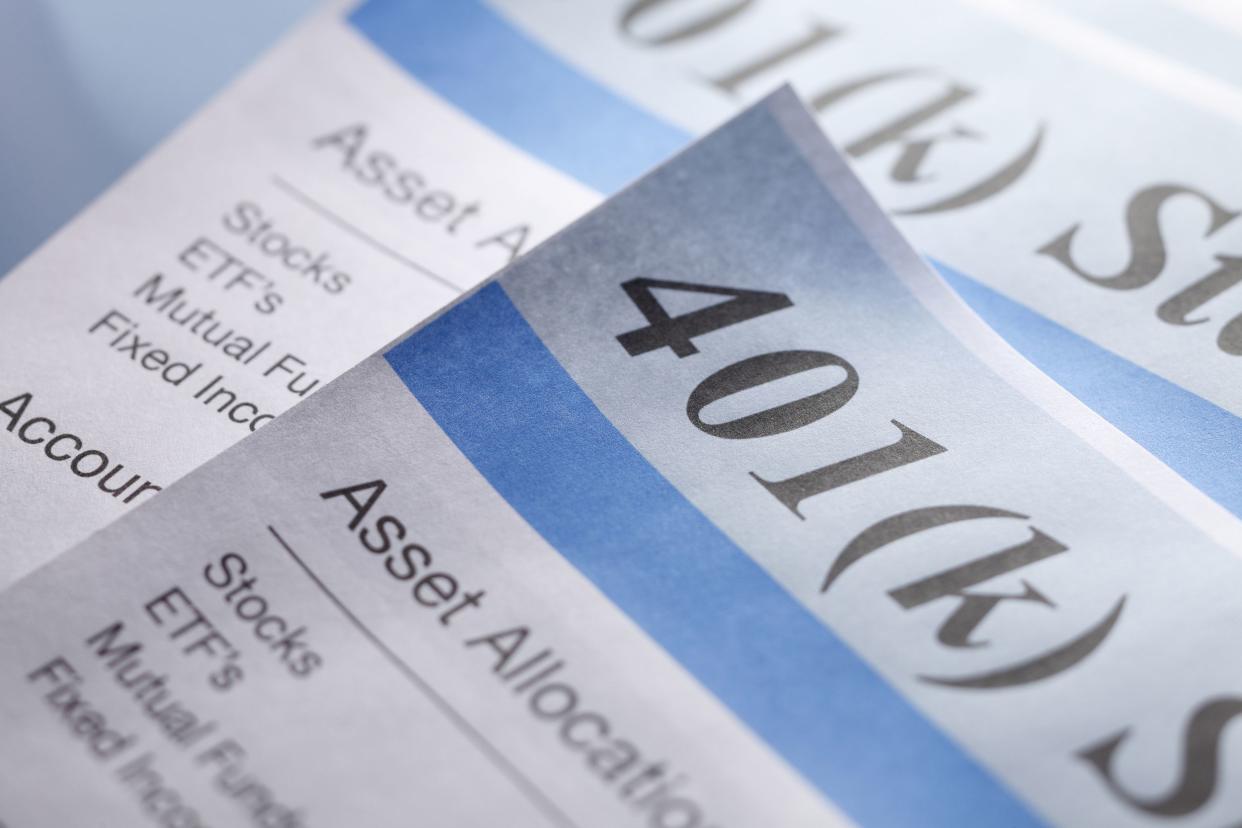
Long-term investments can seem far less important when you're struggling in the short-term. But every little bit helps, especially when you have the power of compounding interest on your side. Financial planners often suggest saving at least 15% of your income each year for retirement in a tax-advantaged account such as an IRA or 401(k) — and maximizing matching funds from employers. "Americans are living longer than ever, with retirement often lasting 35-plus years," said Scott Goldberg, president of Bankers Life. "You could need expensive medical care for months or even years, drastically cutting into your hard-earned retirement funds."
Related: Ways to Jump Start Your Retirement Savings If You've Been Procrastinating

Memories of the 2008 financial crisis, the pandemic downturn, recession, and recent surge in inflation, and other scares have made many young investors overly cautious about investing in the stock market. But if you're saving for retirement and won't touch your money for 40 or 50 years, what happens in the market this month or this year is much less important than what will happen during the next few decades.

Fear can hinder investment success. So can enthusiasm. "Letting emotion drive your investment decisions is the best way to wind up running afoul of a bubble or missing out on appreciation," said Eric Meermann, vice president of Palisades Hudson Financial Group in Stamford, Connecticut. Instead of trying to time the market, or falling for a opportunity that was literally too good to be true, investors should decide on a long-term asset allocation, and resolve to stick to that plan through good times and bad.
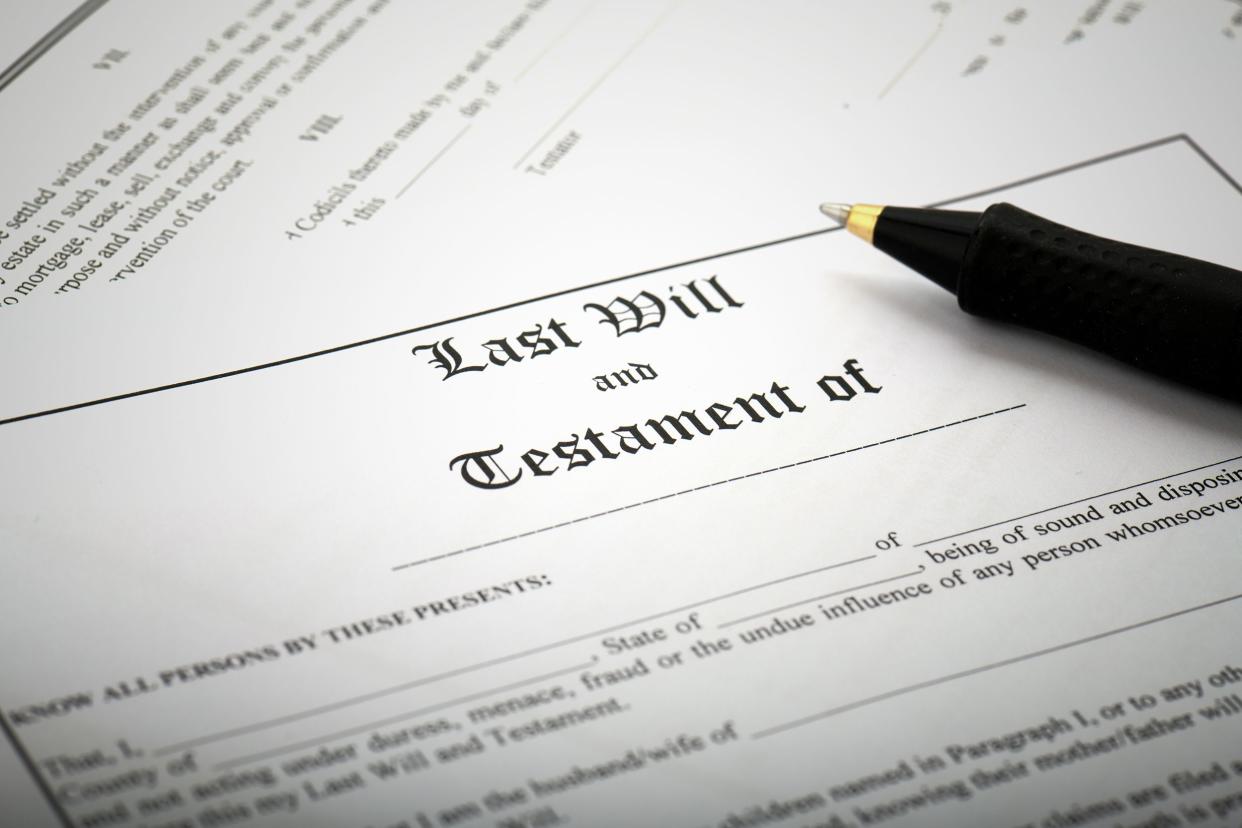
While the Tax Cuts and Jobs Act of 2017 trimmed the number of people who have to worry about a federal estate tax, a will or trust is the only way to make your intentions known after you die. It's especially important for parents of minor children, who need to name a guardian for their child. "No one enjoys dwelling on his or her own mortality, which means that it's very common to procrastinate creating or updating a will," Meerman said. There's no getting around the need for some tough talks and paperwork, but there are ways to keep it simple.

Going without car insurance will cost you for lapsed coverage, but it'll also cost you in fines from several states. A homeowner without homeowners' insurance is on the hook for damages, mortgage violations, personal injuries on their property, and even dog bites. The population of those without medical insurance has been whittled away by federal policies, but uninsured families pay more total medical costs out of pocket than insured families and are more likely to have high medical expenses relative to income.

In a Fidelity survey, 16% of respondents experienced a health emergency in their family and 20% had an unexpected non-health-related emergency. What's more, 23% lost a source of income in 2020. Prioritizing saving and maintaining an emergency fund can help fend off a worst-case scenario.
Related: Tips for Building an Emergency Fund
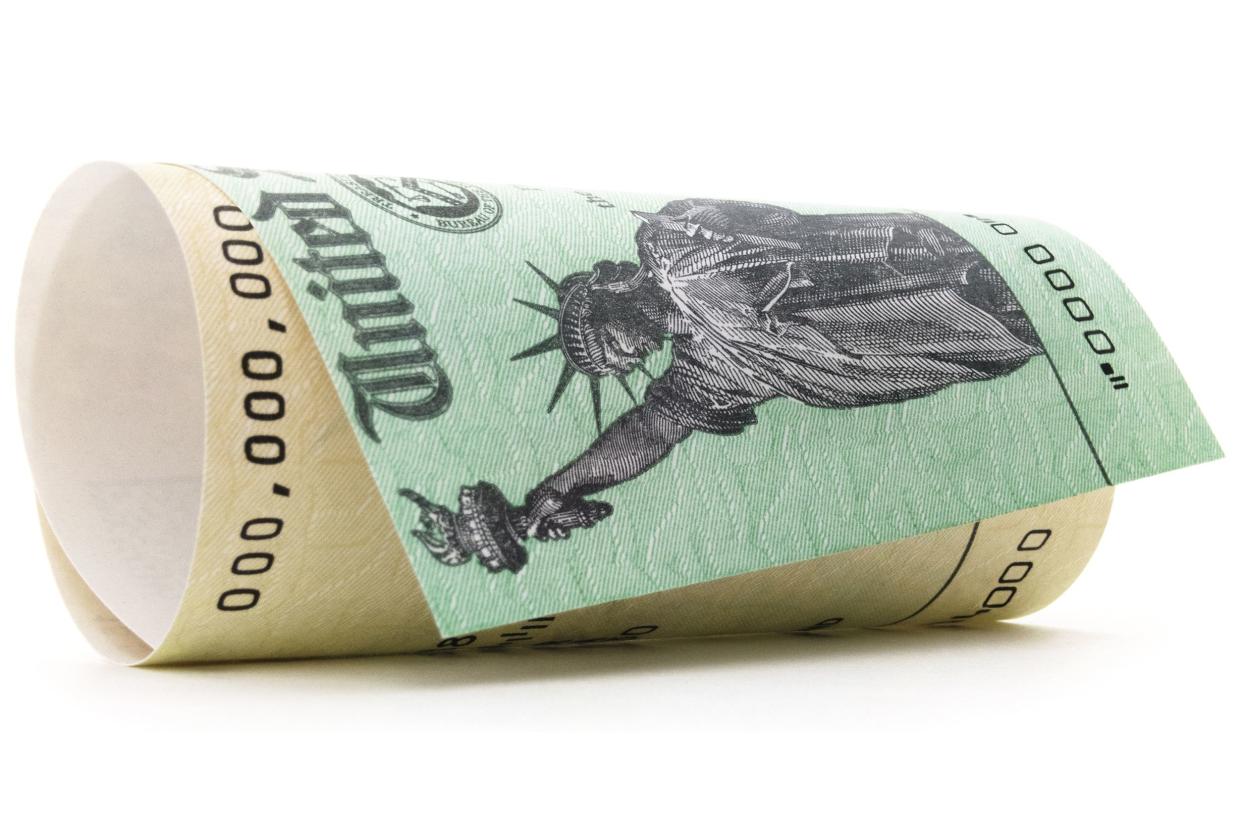
Only one-third of non-retired boomers expect guaranteed post-employment income from an employer, Goldberg noted. But programs such as Social Security are not designed to fully replace wages in retirement, nor will Medicare always pay for ongoing long-term care costs. Goldberg suggested considering annuities as a retirement solution and recommends buying insurance geared toward long-term care. "Beyond annuities, consider delaying your Social Security benefits until at least your 'full retirement age' or longer, as that can result in a higher income check from Social Security," Goldberg said.
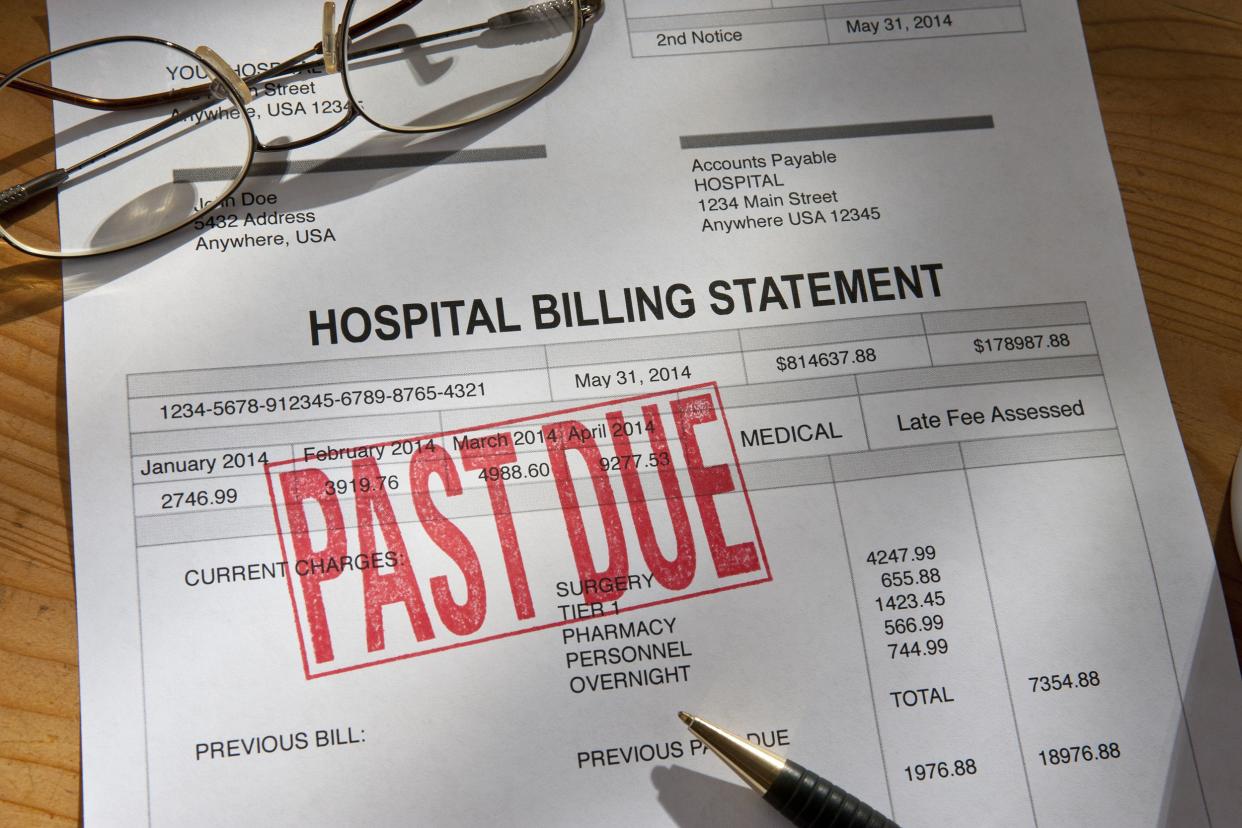
If you're going to retire, you have to expect a significant decrease in income. Debt payments should make up no more than 10%, Goldberg said. "Remaining medical, mortgage, or education-related debt can prevent retirees from living the life they have imagined," he said. Work to build assets and pare down debt as early as possible.

Certain retirement funds, including IRAs and 401(k)s, force retirees to take a required minimum distribution by April 1 of the year after they reach 72 — a rule affecting anyone who reached reached the age 70½ in 2020 or later.. Consider signing up for automatic withdrawal, because the penalty for not taking an RMD is half the amount you don't withdraw. In other words, if your RMD is $10,000 and you don't take anything, the penalty is $5,000.
Related: Ways Retirees Waste Their Money

According to a 2018 poll by CreditCards.com, 47 million Americans picked up a tab just to earn credit card rewards. If a $100 dinner with friends puts you over the minimum spending for a 50,000-point sign-up bonus on a rewards card, that may be worth it. But if you have a credit card with a quarterly 5% cash-back bonus on restaurant spending, a $100 tab for you and four other people will earn back just $5. If no one pays you back, you might pay $95 for a meal instead of $15. You can rack up a lot of rewards buying groceries or gas and immediately repaying your balance, but just don't think you're breaking even.

Just 10% of shoppers in a CreditDonkey survey negotiated the prices of items they bought all the time — while nearly a third never haggled and a quarter rarely haggled. That's a shame, as folks who haggled over electronics online, such as through a website chat box, saved $94 each time on average, according to Consumer Reports.

While the Bureau of Labor Statistics says only about 5% of Americans hold more than one job, that's considered a gross underestimate. It also doesn't mean that more people shouldn't take on extra work, as the extra income and added job security come in handy.
Related: Simple Ways to Make Extra Money
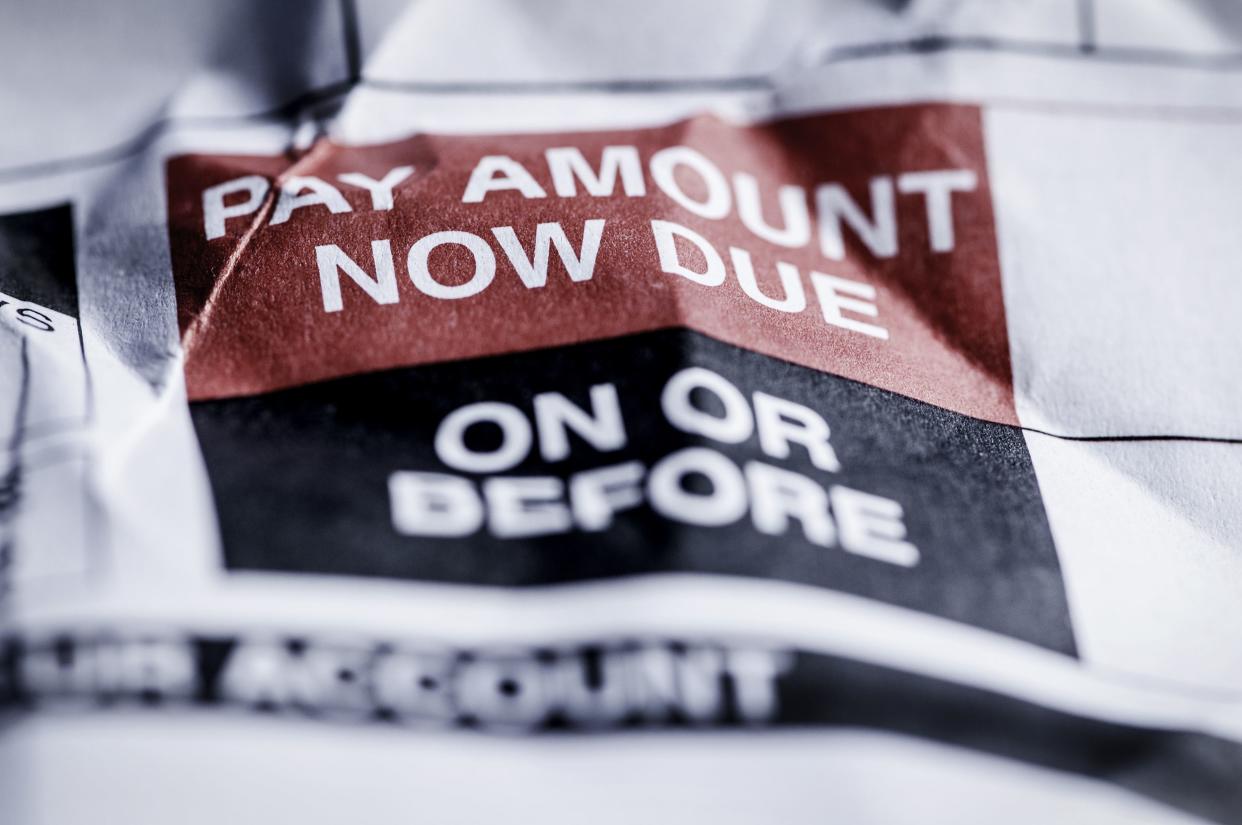
Among credit card holders in a CreditCards.com poll, about 60% of those who missed a payment did so simply because they forgot. Not only does a late payment typically cost you a fee, but a late payment on credit cards, utilities, rent, or your mortgage can knock up to 100 points off your credit score, hiking interest rates and making everything more expensive as a result. There's a no-brainer solution: Automate your payments.
Related: Small Debts That Can Hurt Your Credit Score

People tend to spend more when they pay with a credit card instead of cash, getting saddled with debt forcing them to pay even more in interest. Do yourself a favor and either pay with cash or debit cards or buy only what you can cover in a month.

In the Fidelity survey, 18% of respondents said they experienced a financial setback in 2020 because they had to provide unexpected financial assistance to family members or friends. Unfortunately, people close to you may not feel like they have to pay back that money right away — if ever. Try not to allow repeat offenses.
Related: Mistakes to Avoid When Loaning Money to Friends and Family

One-third of U.S. workers were thinking about quitting their jobs when they responded to a CNBC/SurveyMonkey poll in 2019 — a figure that's more or less exploded during the current so-called Great Resignation. But if you're going in without a plan, you aren't shoring up your finances, you aren't making alternate arrangements, and you're setting yourself up for a worse existence than the one you're living. Think it through.

At the same time, you don't want to stay in a job with no hope for advancement. If you're putting a lid on your earnings while preventing yourself from getting another more upwardly mobile gig, it might be time to start making financial preparations and looking around for other work.

Consumers who set a budget improve their mental health and well-being: Roughly 62% of budgeters felt "more in control" of their money, 55% felt more confident, and 52% felt more secure, according to a survey by the Certified Financial Planner Board of Standards. Roughly 70% of respondents had a budget, and 72% of those who did said it helped them get out of debt.

According to the Fidelity survey, about two-thirds of Americans make financial resolutions at the start of the year, and about a third said that setting clear and specific goals was key to successfully sticking to their resolutions. About the same number said it was important to be realistic and consider what would be easy to achieve over the long term.
Related: Types of Retirement Accounts to Help Build Your Nest Egg

Only 28% of respondents to a Charles Schwab survey had a financial plan in writing, whether because they didn't think they had enough money to merit a formal plan (46%), it was too complicated (18%), or they didn't have the time (13%). Yet, among those who did, more than 60% felt financially stable, compared with only a third of those without a plan. The planners also had better saving and investing habits.
